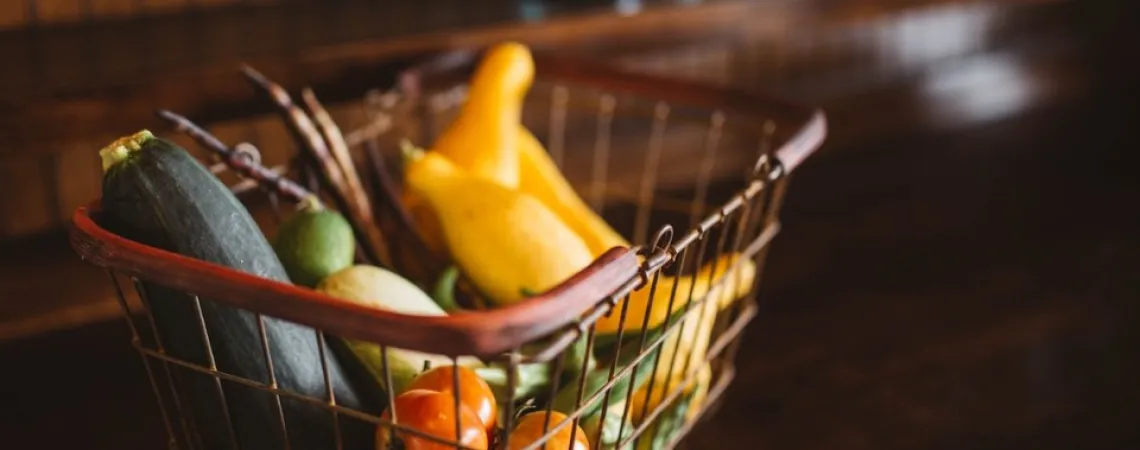
We all tend to throw away forgotten or expired food out of convenience. However, according to the Food and Agriculture Organization (FAO), one-third of food produced for consumption is lost or wasted every year, which amounts to 1.3 billion tons of food. A significant portion of this waste occurs at the consumer level, resulting in approximately $27 of food waste per week. Yet, with simple actions, we can all contribute to reducing this waste and make a difference. Here are 6 tips to optimize the use of our food.
Reduce
1. Shop strategically
Do your grocery shopping daily or multiple times a week to use food quickly and avoid items being forgotten in the refrigerator.
Make a grocery list based on what you already have in the fridge, pantry, and freezer. This will prevent unnecessary food purchases. Also, opt for 2 to 3 varieties of fruits and vegetables per week to avoid excess and save money.
Proper Storage
2. Optimize storage in your refrigerator
Avoid overloading the refrigerator so that you can see all the food inside. Place larger items at the back and smaller ones at the front to prevent them from being overlooked.
Respect storage zones. The coldest parts of the refrigerator are usually against the back wall, while the warmest part is on the door. Place the most perishable products in the coldest zones for better preservation.
3. Understand expiration dates
Some items can be consumed after the expiration date if they haven't been opened, such as eggs, yogurt, kefir, dressings, and marinades. However, once a product is opened, the expiration date no longer applies. Therefore, note the opening date on the food item and follow the recommended storage duration.
Reuse
4. Use slightly wilted or moldy foods
Some slightly wilted vegetables, overly ripe fruits, or slightly spoiled vegetables can still be consumed. Use them in stir-fries, sauces, or smoothies to avoid waste.
5. Make homemade broths from leftovers
Leftover vegetables, meat bones, poultry bones, or fish bones can be used to prepare delicious homemade broths. Freeze the leftovers after each meal and boil them in a pot of water for 30 minutes. Then, strain the broth, freeze it for later use in soups, sauces, or stir-fries, and compost the remaining residue. This way, one food item can have multiple uses, reducing waste.
6. Give a second life to fruit and vegetable scraps
Don't throw away strawberry tops, orange peels, or cucumber peels. Use them to infuse water and add flavor. Simply place your fruit scraps in water and let them infuse in the refrigerator. This will add a refreshing touch to your water and prevent you from wasting these parts of the fruits.
By adopting these simple habits, we can all contribute to reducing food waste and preserving our resources. In addition to making a difference for the environment, you will also save money by maximizing the use of your food. So, rethink your consumption habits, be creative, and learn to value all the food you have available. Together, we can make a significant difference for a more sustainable future.





